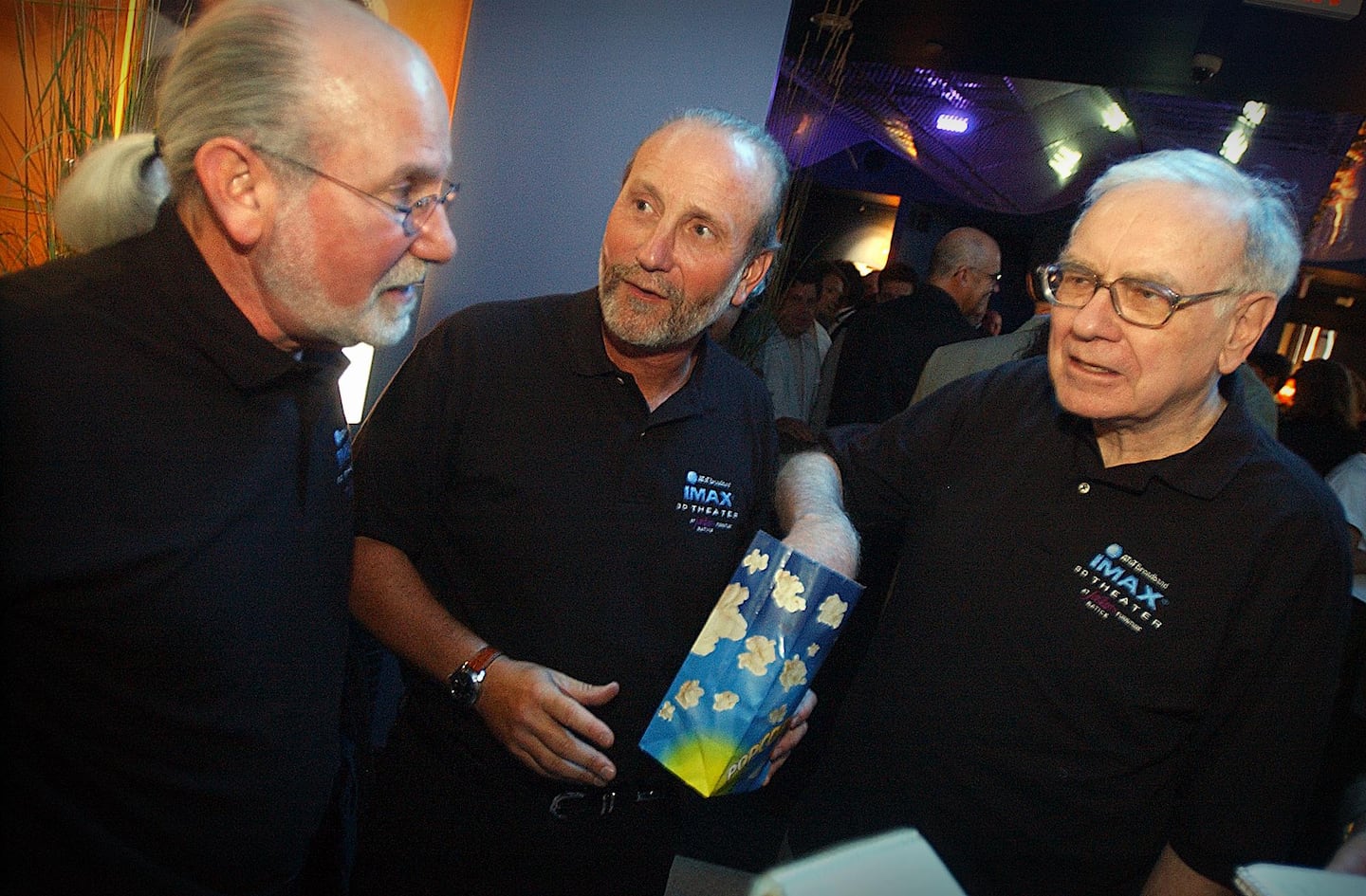
The Tatelmans agreed to sell to Buffett’s Berkshire Hathaway in 1999 and stayed on to run Jordan’s. Barry eventually left to produce Broadway shows; his children never ended up in the family business, though Eliot’s did. Today, Eliot’s two sons, Josh and Michael, serve as co-CEOs of a company that has grown to eight stores in New England.
“It actually worked out much better,” said Eliot Tatelman, who retired in April. “We got paid for the business, and now the kids got the money to do whatever anybody wanted to do. If they want to go into business, they can. If they want to do something on their own, they can.”
If only the Demoulas family had been more proactive about the future of Market Basket, perhaps they would have avoided the very public, very messy, battle that has pitted deposed chief executive Arthur T. Demoulas against his three sisters.
Of course, succession is a delicate topic for any organization, but especially for family businesses where generational wealth hangs in the balance. Most family-run firms pass the torch peacefully from one generation to the next, but when things go awry, they can get ugly.
Sometimes it’s hard for the patriarch to let go. That was the case at Fidelity Investments, where the longtime chairman Edward “Ned” Johnson III waited until he was 86 before handing over the reins of the Boston mutual fund giant to daughter Abigail Johnson in 2016. She spent 28 years working there, and at one point, tired of waiting in the wings, she tried unsuccessfully to oust her father by rallying family members to vote him out of the top job, according to the Wall Street Journal.
Other times a sibling rivalry can threaten a succession plan. That’s what happened in the 1990s with the Berkowitz family over Legal Sea Foods. Brothers Roger and Marc Berkowitz were building a seafood restaurant empire that grew out of the fish market their father, George, started in Cambridge.
When George tapped firstborn son Roger to be chief executive, Marc sued his family and the company, alleging he was pushed out. A bitter, lengthy fight ensued, ending in a settlement in which Marc agreed to sell his stake in Legal.
It took years for the brothers to repair their relationship, and as Roger Berkowitz follows the turmoil at Market Basket, it brings back memories of what happened to his family.
“I genuinely feel bad. … I can feel their pain,” said Berkowitz, who sold Legal in 2020 and has since launched another seafood business, Roger’s Fish Co., which sells its double clam chowder at Market Basket. “There is an emotional element that factors into a family business … common sense, at times, is sort of hijacked by emotion.”
And nothing stirs up emotions more than talking about who will be in charge. One 2023 survey by Campden Wealth found that 61 percent of family businesses lack a written, formal succession plan. Among the top reasons cited: discomfort that comes with discussing sensitive topics and the lack of qualified candidates in the younger generation to take the reins.
“Sometimes families look at it as a third rail,” said Joe Ayoub, a Milton-based consultant who advises family businesses on governance and succession issues. “Is succession challenging? Sure. But there are a lot of challenges in business.”
At Sullivan Tire, it wasn’t a question of who would be running the New England tire-and-repair chain but whether the family was ready to cash out and to whom. An outside chief executive had already been brought in, and brothers Bob Sullivan Jr. and Paul Sullivan were fielding interest from private equity firms to buy the company their father founded in 1955 with the motto: “Treat everyone, customers and fellow employees, as you would a member of your family.”
The Sullivan brothers chose an unconventional route: In 2023, they decided to sell the company to its 1,460 employees by setting up an employee stock ownership plan.
Advance planning is key to a seamless change in power, and that’s what Shields Health is working on now as members of the third generation get involved in running the family’s sprawling network of MRI and imaging centers in New England.
The current chief executive is Tom Shields, who at 59 is the youngest of seven children of Tom and Mary Shields, who founded the health care company in 1972.
Of the siblings, only Tom is still working at the Quincy company, though all seven remain shareholders. Succession gets more complicated with the third generation, which has 21 members. Five of them — all in their 20s, including two of Tom’s children — work at Shields Health.
“You’re going from a sibling partnership to cousin consortium,” Tom Shields said.
That’s why the family is putting together an independent board of advisers to provide guidance on succession and other matters.
“It’s an issue that we punted down the road,” Shields said, but now that his generation is in their 50s and 60s, “you look at the world a little bit differently. We have to have that honest discussion.”
The consequences of waiting can be devastating. That’s a lesson the Demoulas family is learning the hard way.



